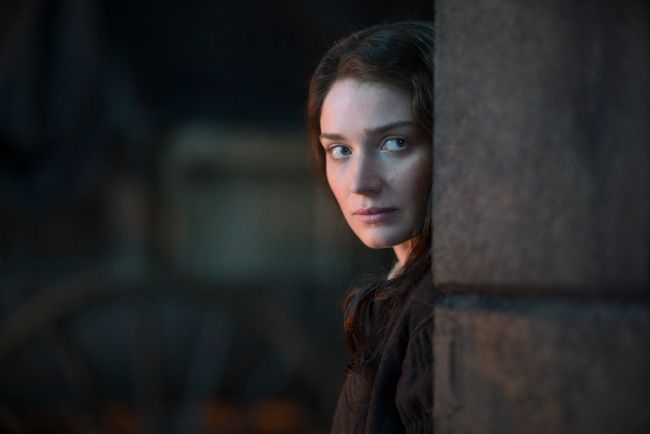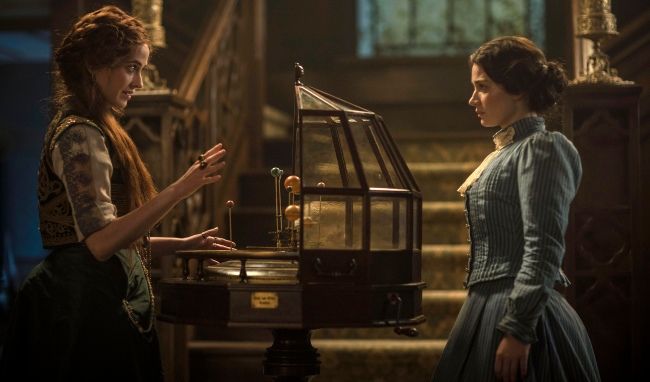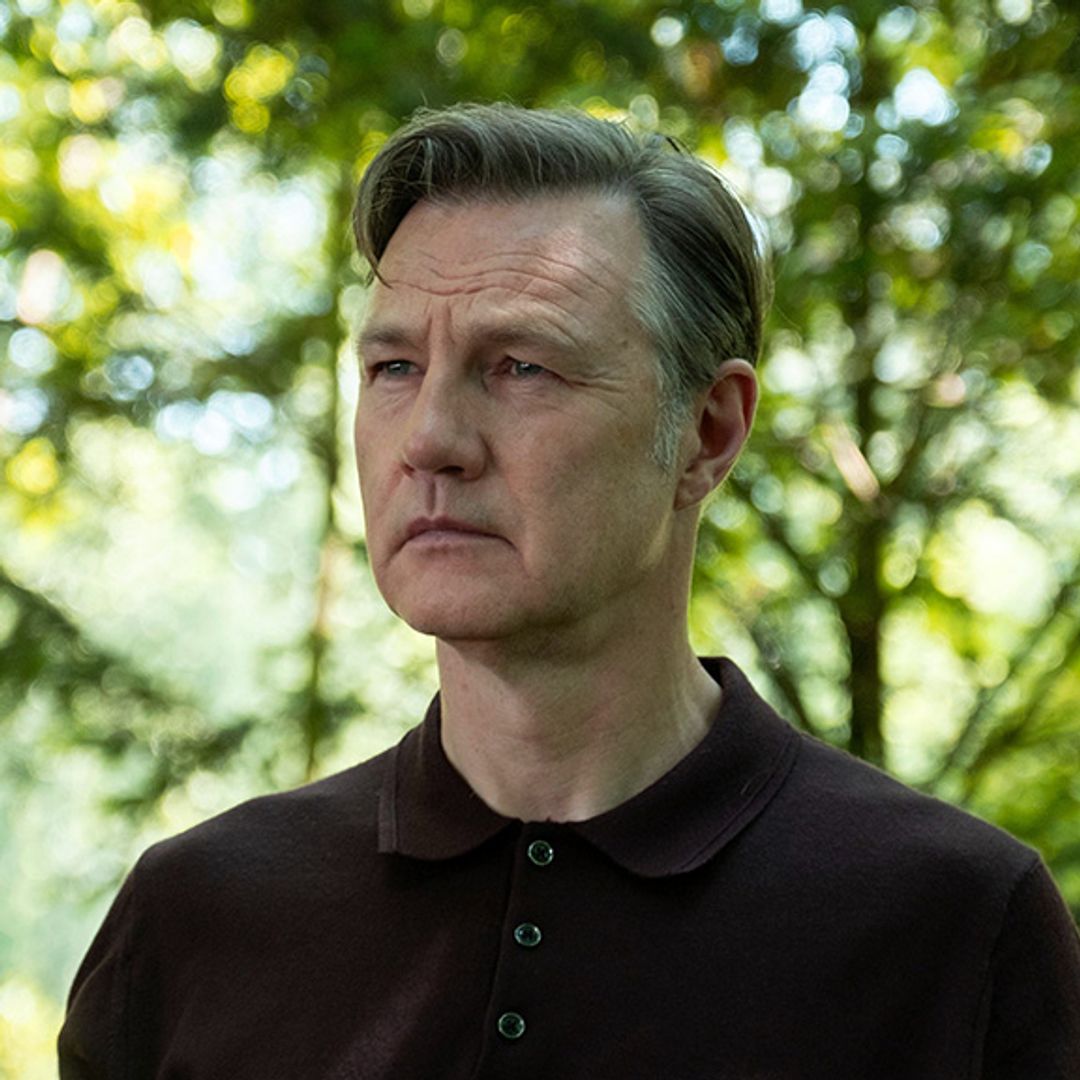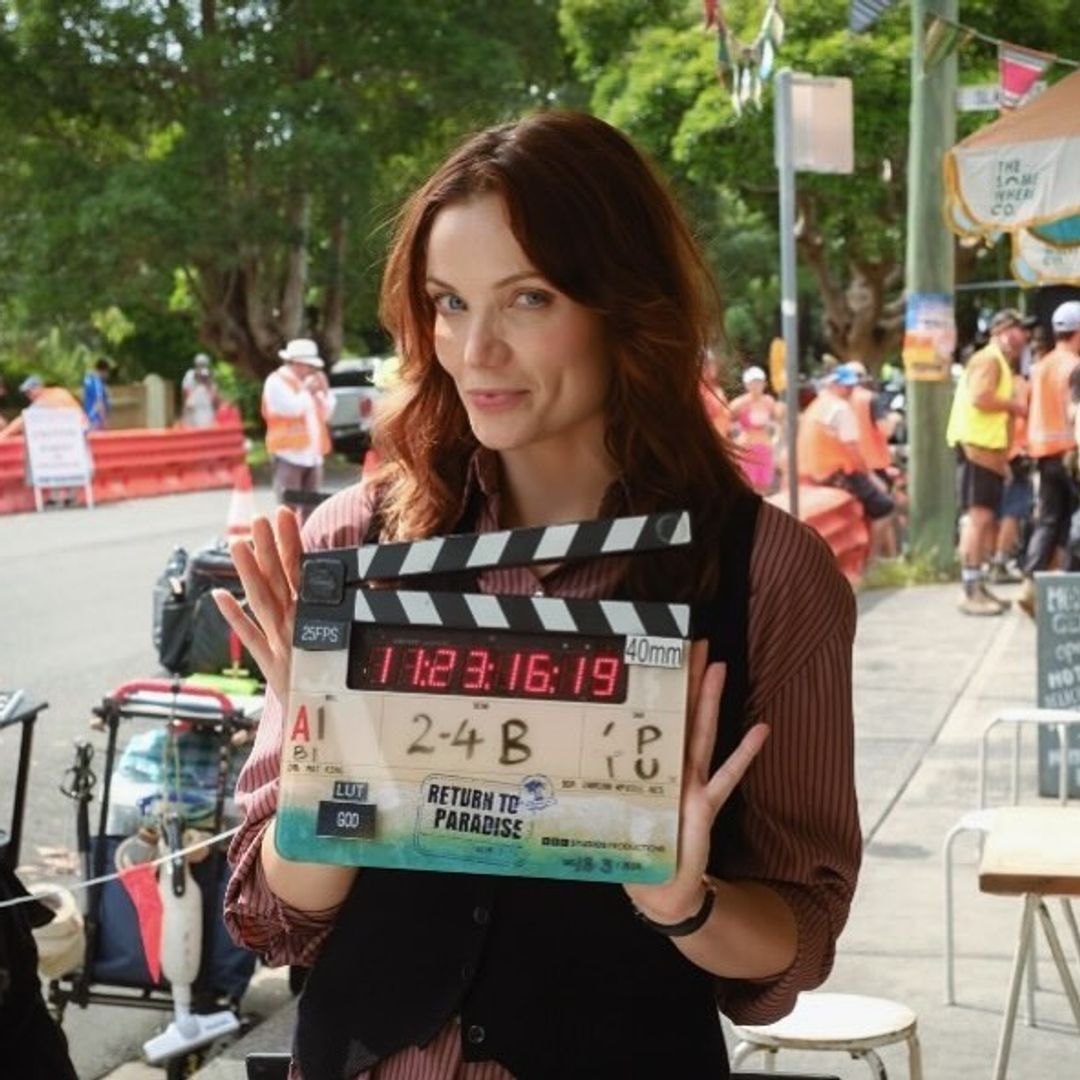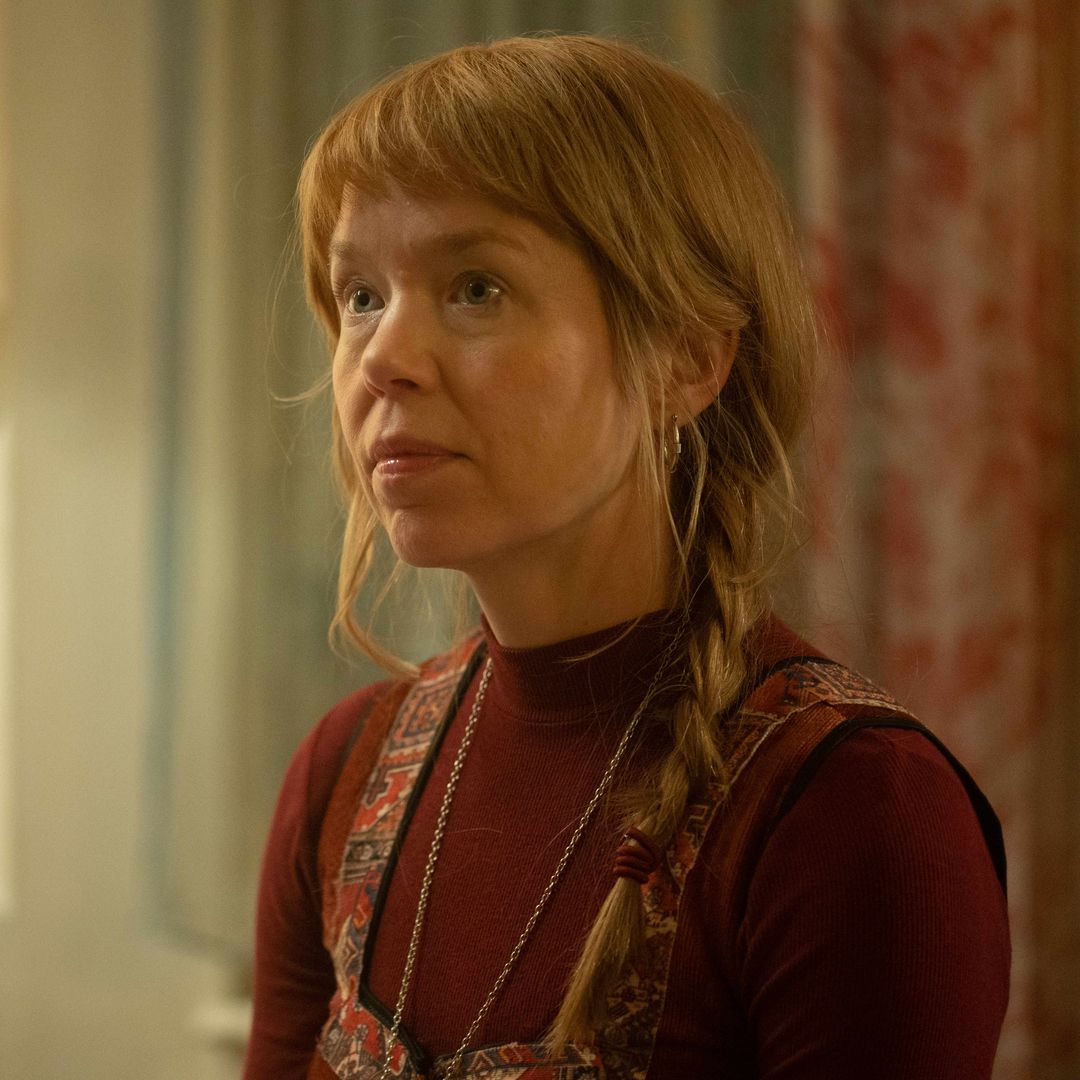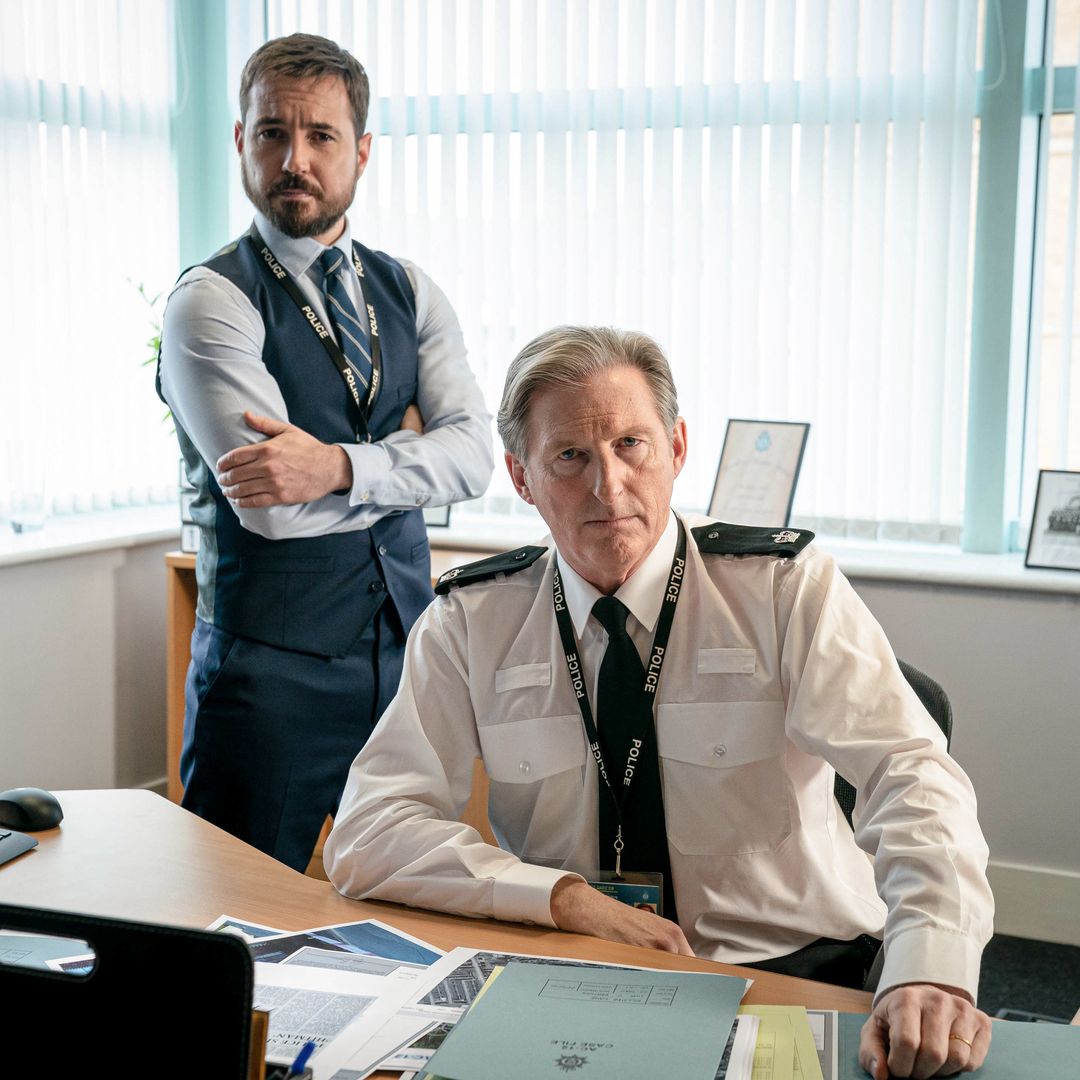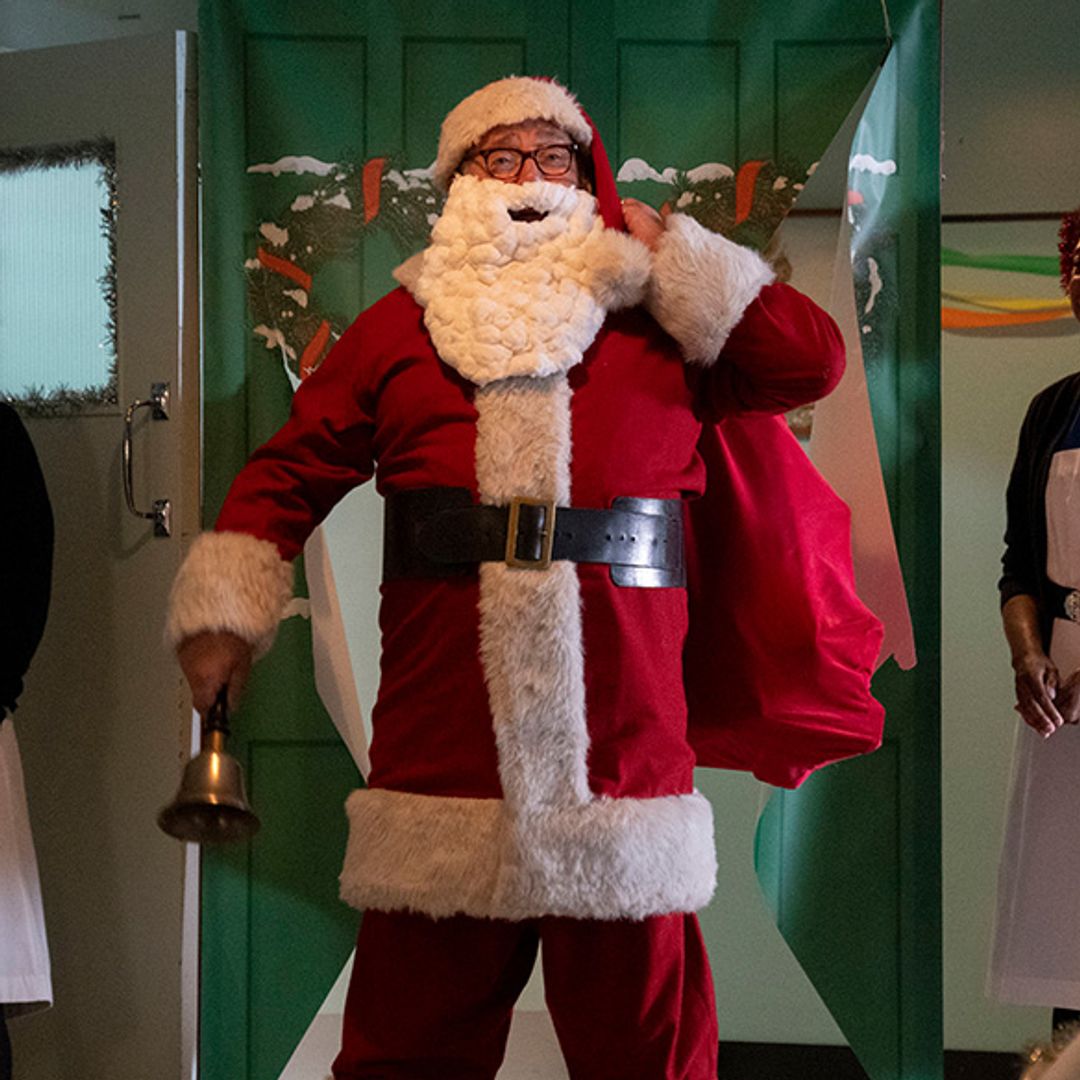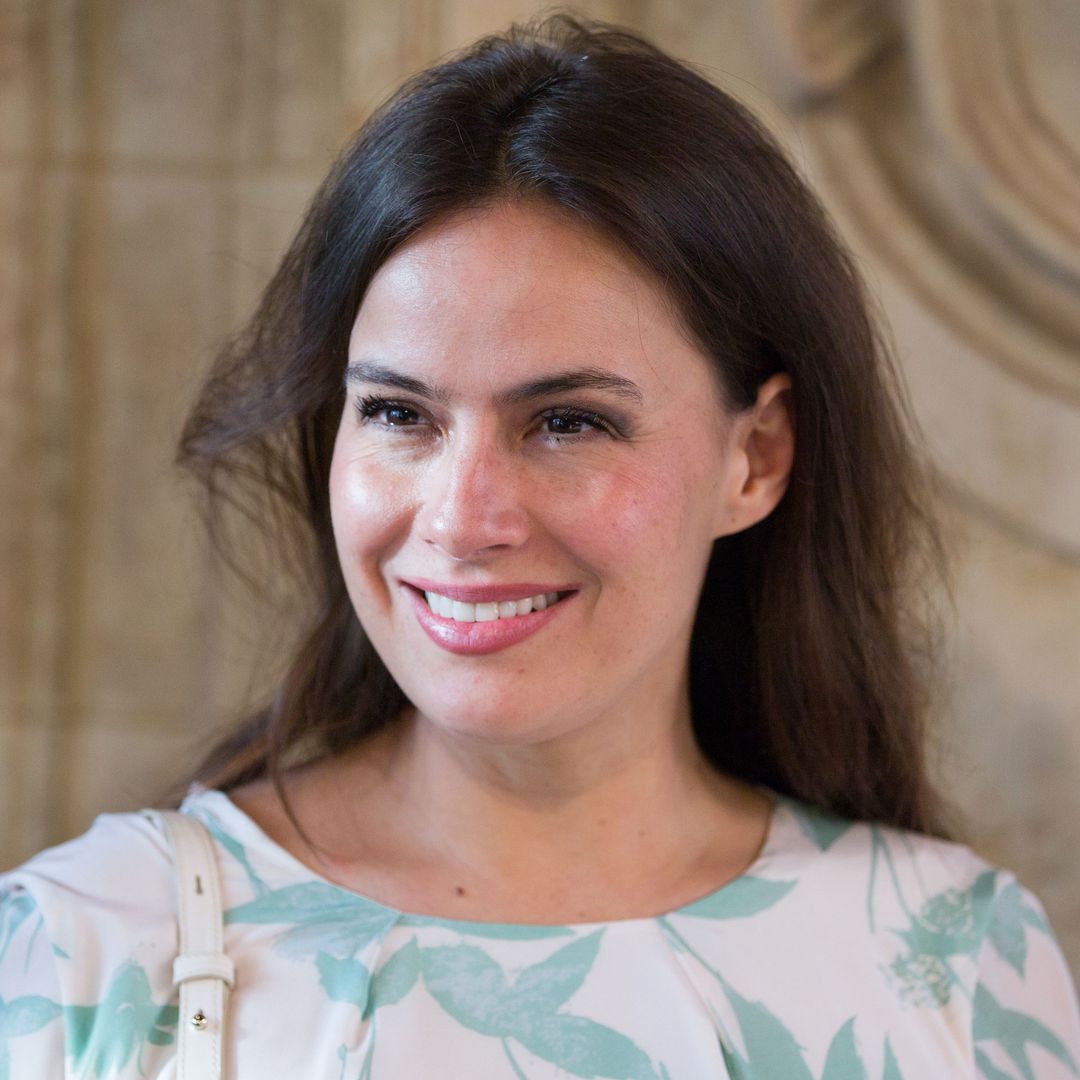Viewers have been enjoying the complex and compelling BBC series The Luminaries, which was adapted from the bestselling Eleanor Catton novel. While the show very much follows the same storyline as the novel, one major change also gave the conclusion a very different ending to the book. Find out why here...
READ: Everything you need to know about BBC's The Luminaries
As Ewan Leslie explains, who plays Crosbie Wells in the show, the adaptation changes the main character. Instead of the story being told from the point of view of Walter Moody, an outsider who hears strands of the story told by 12 different people, the plot is instead entirely told from Anna Wetherell's perspective.
WATCH: The Luminaries stars Eva Green
Speaking to the Express.co.uk, Ewan said: "You're going into the story through [Anna's] eyes. It's jumping between two time frames and as it goes along, those two things start to overlap and it becomes clearer.
"In the book, it sort of follows this character Moody who takes us into the world and, and then in the scripts, he is pushed back to episode five. I think the choice to really kind of make it about Anna was a very wise one."
Have you read the novel?
As such, you learn much more about Anna in the TV show than in the novel. Rather than established as a prostitute addicted to opium, she is instead portrayed as a young woman travelling to New Zealand in order to prospect for gold, when she is tricked into working as an apprentice for Lydia Wells after she steals her money.
Anna plays a much bigger part in the TV series
The novel also examines Anna's relationship with Emery Staines from an outsider's perspective, while their intense connection as 'astral twins' and his subsequent disappearance is the focus of the show.
READ: The Luminaries: the TV show's astrology explained
As such, the TV show gives Anna's character much more of a backstory, and subsequently, the series changes the novel's ending. Like in the book, she is indeed reunited with her lover, Emery, and promises to wait for him while he is sentenced to nine months of hard labour. However, the dramatisation shows her returning to her original plan of prospecting for gold, giving her a more independent conclusion than her happy ending in the book.


